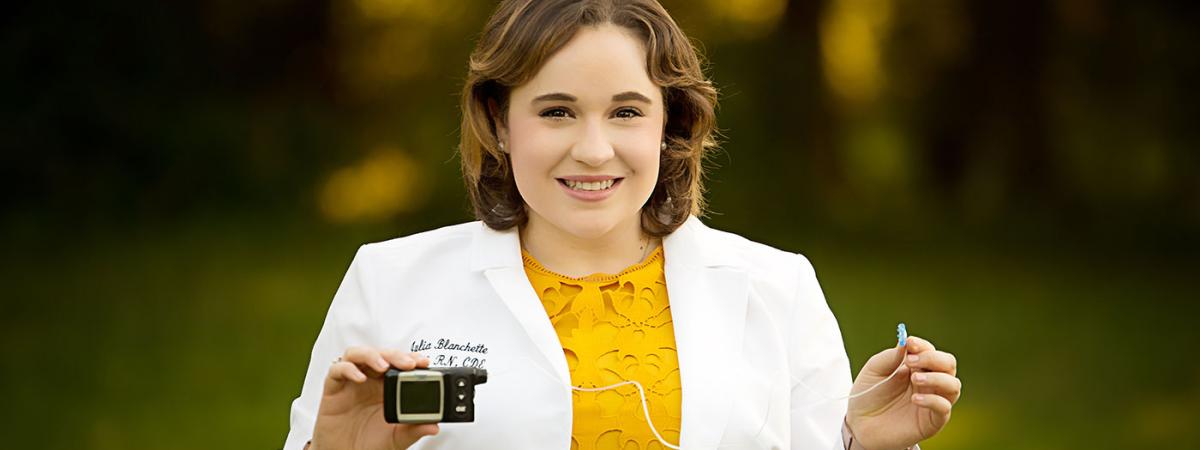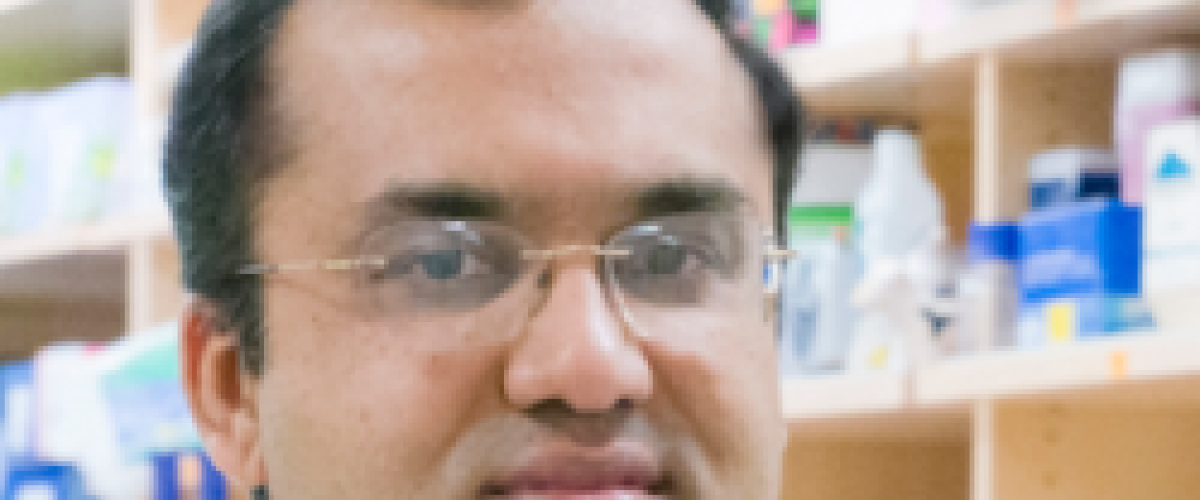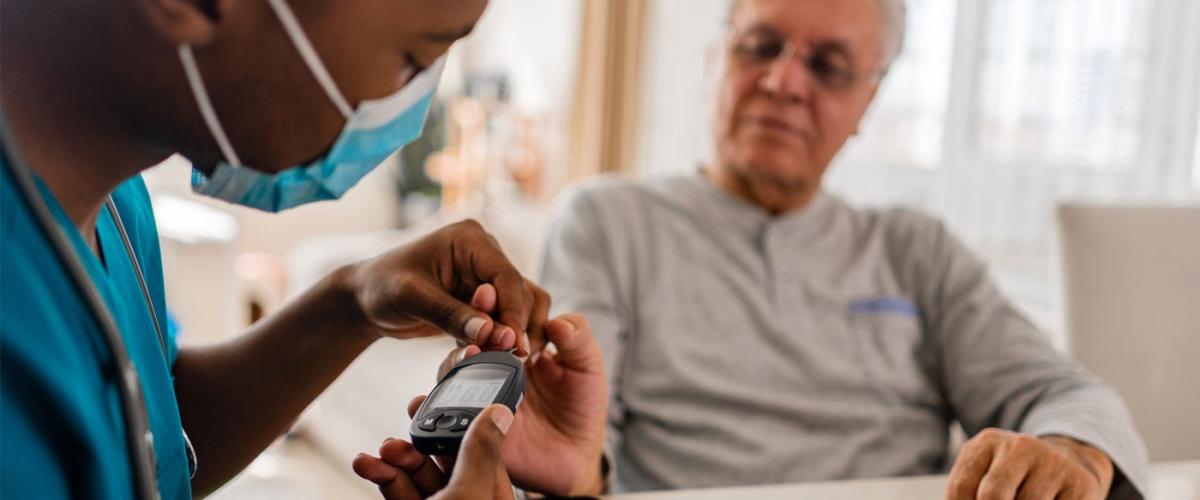Julia Blanchette (CWR ’14), a PhD student at the Frances Payne Bolton School of Nursing, still remembers how distressed she was when she was first diagnosed with Type 1 diabetes at age 7.
She also has never forgotten how much better she felt about living with diabetes when she attended a summer camp with other children who also suffered from diabetes.
Today, she conducts research at Case Western Reserve University into the adverse psychosocial effects of Type 1 diabetes on self-management outcomes among those transitioning from pediatric to adult health care. She has also stayed connected to summer camp, working the last few years at the nation’s oldest camp for children with diabetes, Camp Ho Mita Koda in Newbury, Ohio.
In fact, her research at the university was spurred by real-world observations she made while working as dispensary manager at the camp, which has also served as a Capstone site for undergraduate nursing students.
“Everything is tied together—my own experience growing up Type 1 diabetes and transitioning to adulthood, the importance of the camp experience, the support network the children gain and my research,” Blanchette said. “I am now a registered nurse and certified diabetes educator.
“Diabetes camp is so important—children learn how to be independent individuals with Type 1 diabetes.”
So when The Diabetes Partnership of Cleveland on April 5 announced the immediate shuttering of the camp, Blanchette was among those who was moved to help keep the camp open this summer.
She and a few others organized camp supporters via social media in the days and weeks following the closing, helping form and grow a Facebook group “Save Camp Ho Mita Koda.”
She also scrambled to gather donated medical supplies and recruit volunteers to operate the camp this summer. Two diabetes nonprofit organizations, Beyond Type 1 and LyfeBulb, partnered with camp and gathered the vital medical supplies for camp.
A full nursing staff and medical staff are also contributing their time, and physicians at University Hospitals Rainbow Babies and Children's Hospital, Cleveland Clinic and The MetroHealth System have also been vital in moving camp forward.
“We just couldn’t allow this camp to close for a summer, so we never let up since April,” she said.
It worked: Camp will open this Sunday for a two-week session (for the oldest campers), two one-week sessions and a day camp.
Blanchette has been named the camp’s health care chair of an advisory board by the camp’s new board (chmkfoundation.org). Full medical care is provided at the camp by University Hospitals/Rainbow Babies and The MetroHealth System, in addition to Cleveland Clinic, a Camp Ho Mita Koda Foundation news release said.
Type 1 diabetes, previously called juvenile diabetes, is a form of insulin-dependent diabetes. It is a chronic condition in which the beta cells of the pancreas produce little to no insulin, the hormone required for sugar, or glucose, to enter the body’s cells and produce energy. There is no cure for Type 1 diabetes.
Camp Ho Mita Koda (the name means “Welcome My Friend” in the Sioux language) was founded in 1929 by insulin pioneer Henry John and his wife, Betty, a former Case Western Reserve medical student.
Blanchette also wrote a blog post about her own childhood and the movement to save the camp at lyfebulb.com/2017/05/17/11550/.
Read her answers to this week’s five questions.





